About Publications Library Archives
heritagepost.org

Preserving Revolutionary & Civil War History

Preserving Revolutionary & Civil War History

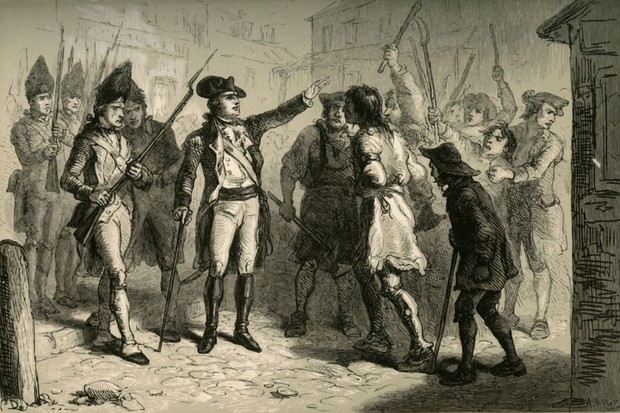
Date:1769 Annotation: The North Carolina Regulators was a popular movement in the 1760s that challenged the colonial government, the powerful landowners, and the officials that dominated its offices. The Regulators were infuriated by the rising taxes, fees, and bad land dealings…
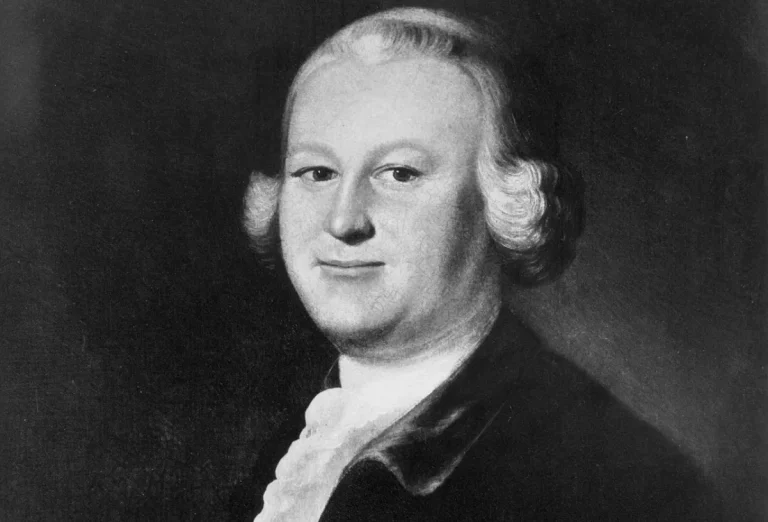
Author: John Easson Date:1769 Annotation: In this selection, James Otis (1725-1783), one of the early leaders in the colonists’ struggle for independence, informs Catharine Macaulay (1731-1791), an English liberal sympathetic to the colonies’ cause, about the situation in America.…
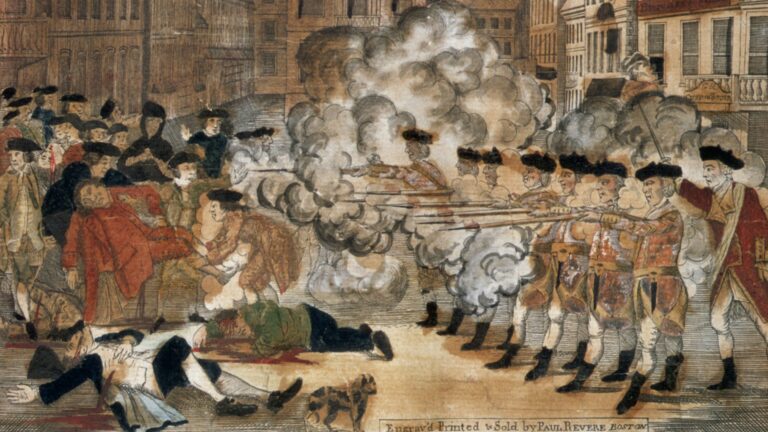
Author: John Hancock Date:1768 Annotation: Based in part on Benjamin Franklin’s arguments before Parliament, Charles Townshend (1725-1767), the British Chancellor of the Exchequer, believed that the colonists would find a duty on imported goods more acceptable than the Stamp…
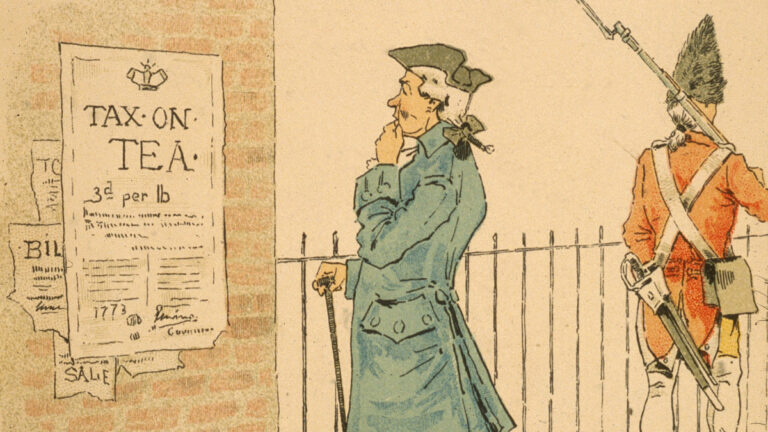
Date:1767 Annotation: Chancellor of the Exchequer, Charles Townshend, imposed new duties on imports of glass, lead, paint, paper, and tea to the colonies. The Townshend Acts also expanded the customs service. Revenue from the acts paid the salaries of colonial governors…
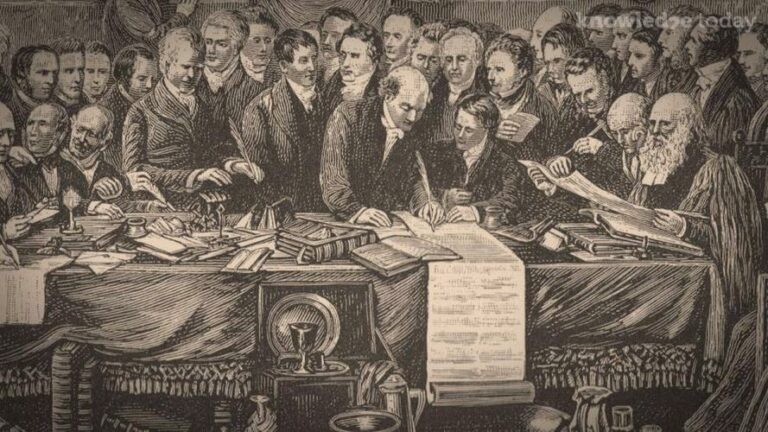
Date:1766 Annotation: The Declaratory Act of 1766stated that the British Parliament’s taxing authority was the same in America as in Great Britain. Document: An act for the better securing the dependency of his majesty’s dominions in America upon the crown and parliament…

Date:1766 Annotation: Examination of Dr. Benjamin Franklin In the House of Commons in 1766. Document: Q. What is your name, and place of abode? — Franklin, of Philadelphia. Q. Do the Americans pay any considerable taxes among themselves? — Certainly many, and…

Author: Benjamin Franklin Date:1766 Annotation: His is one of the most remarkable success stories in American history. The eighteenth child of a Boston candlemaker and soapmaker, Benjamin Franklin (1706-1790) was apprenticed to his brother, a printer, but ran away.…
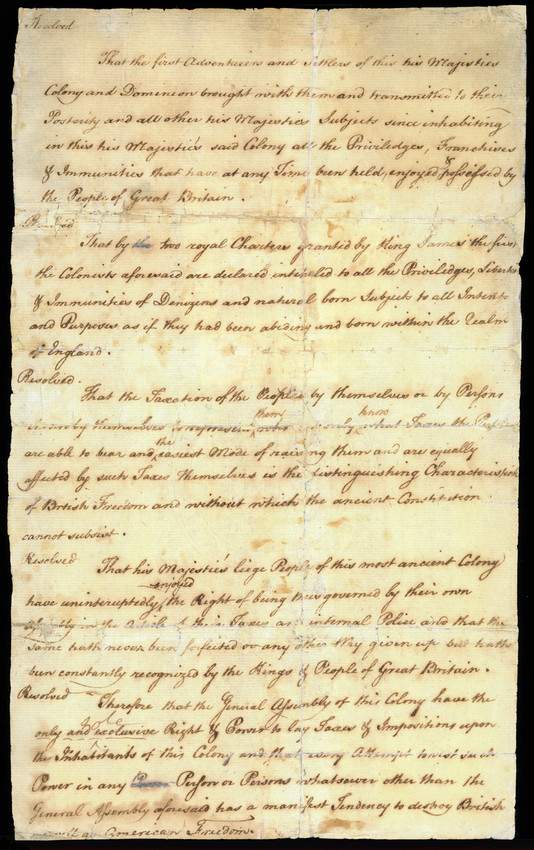
Date:1765 Annotation: Resolutions on the Stamp Act, Massachusetts Assembly Document: WHEREAS the just rights of his majesty’s subjects of this province, derived to them from the British constitution as well as the royal charter, have been lately drawn into question: In order…
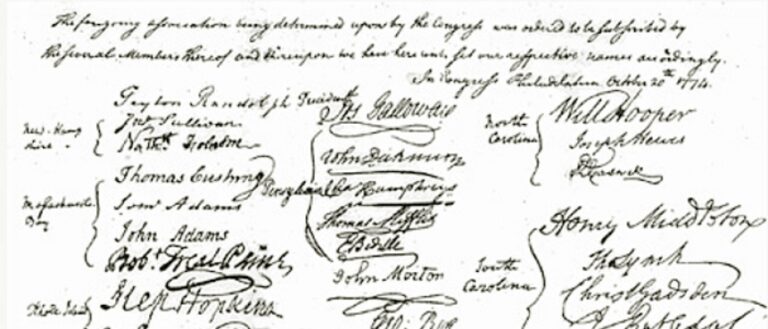
Date:1765 Annotation: The Continental Congress’ Declaration of Rights and Grievances. Document: We have several times promised to treat our readers with a correct copy of this venerable manuscript, detailing the first movements of the friends of freedom in the new world. It…

Author: Archibald Hinschelwood Date:1765 Annotation: Eleven years before the Declaration of Independence, a crisis took place that defined the issue that would help provoke the American Revolution: taxation without representation. In order to raise new revenue, Parliament in 1764…
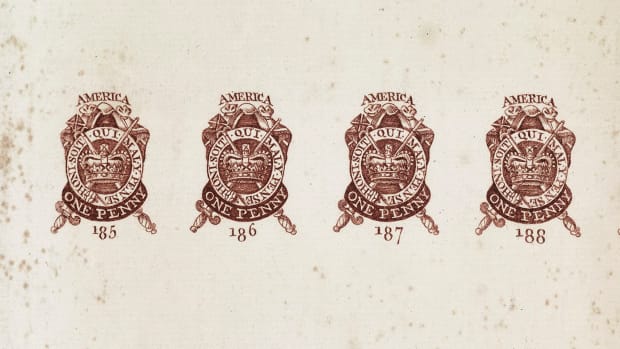
Date:1765 Annotation: To increase revenues to pay the cost of militarily defending the colonies, Parliament passed the Stamp Act, which required a tax stamp on legal documents, almanacs, newspapers, pamphlets, and playing cards. This was the first direct tax Parliament had…
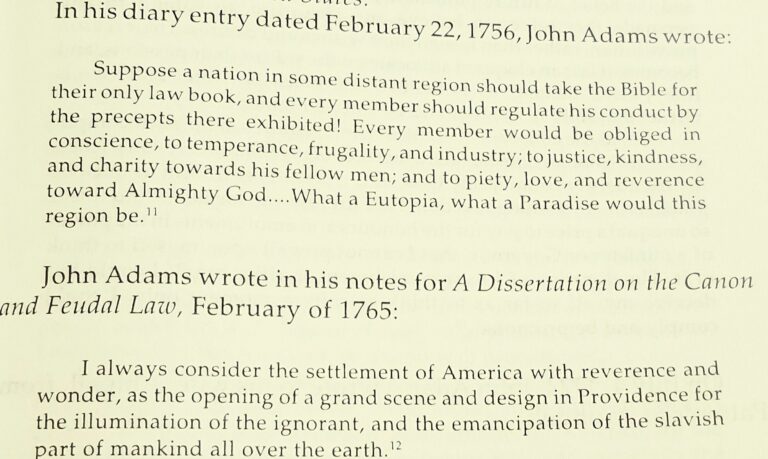
Annotation: This dissertation, written by John Adams, included one of the first arguments to make informed citizens become a check for government. Document: “Ignorance and inconsideration are the two great causes of the ruin of mankind.” This is an observation of Dr.…